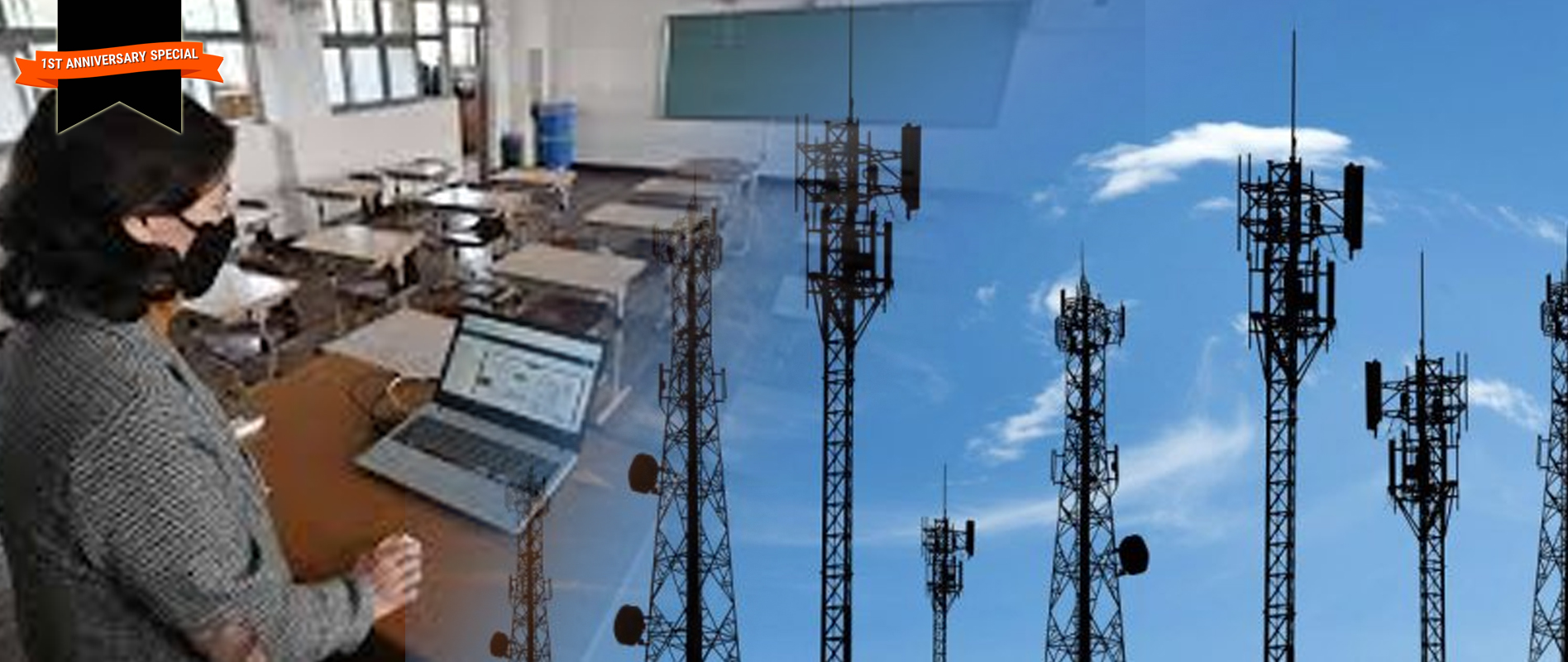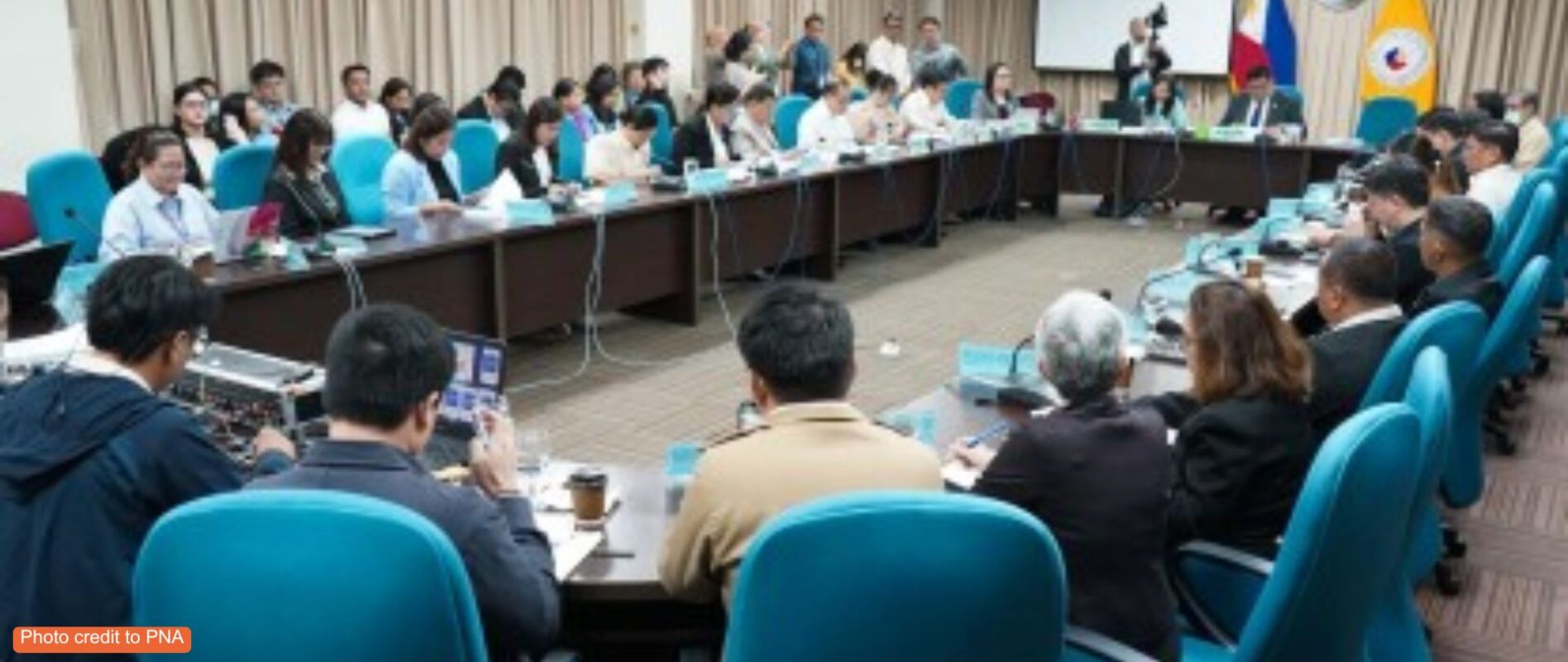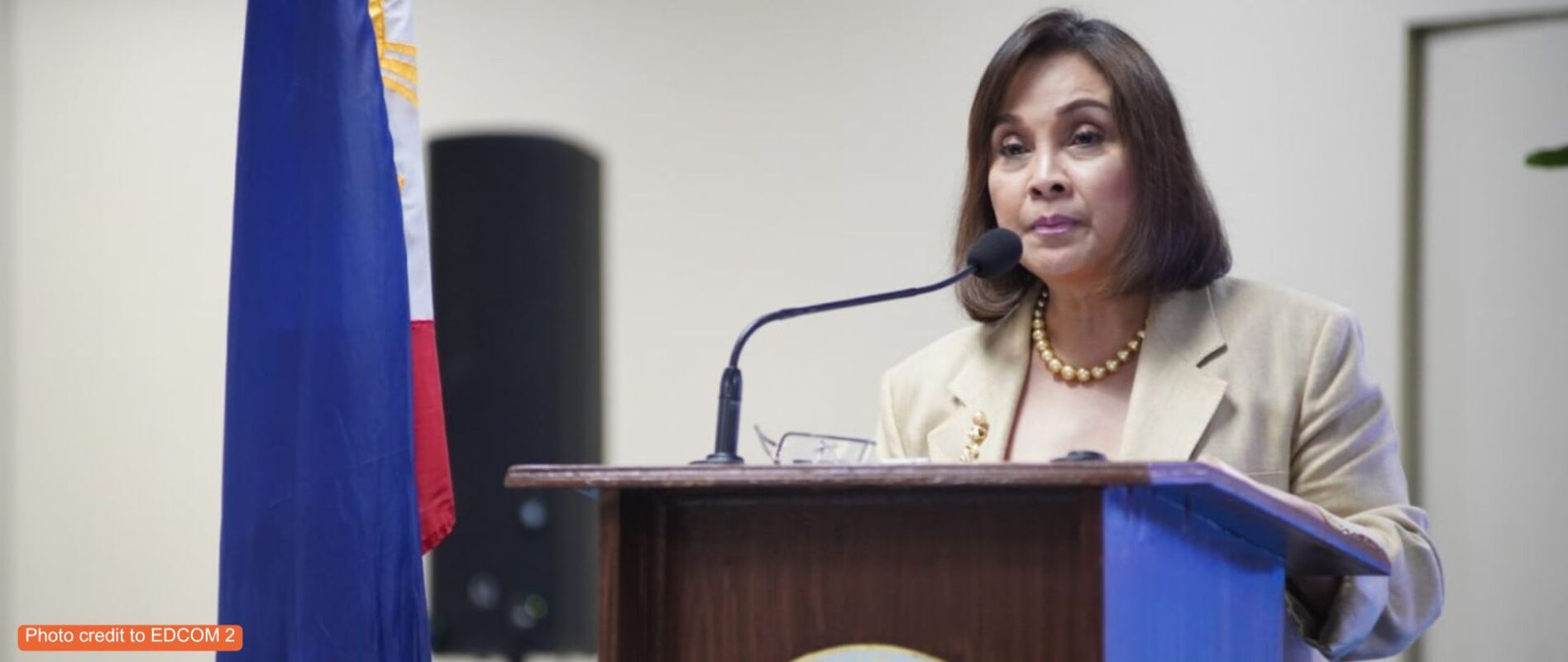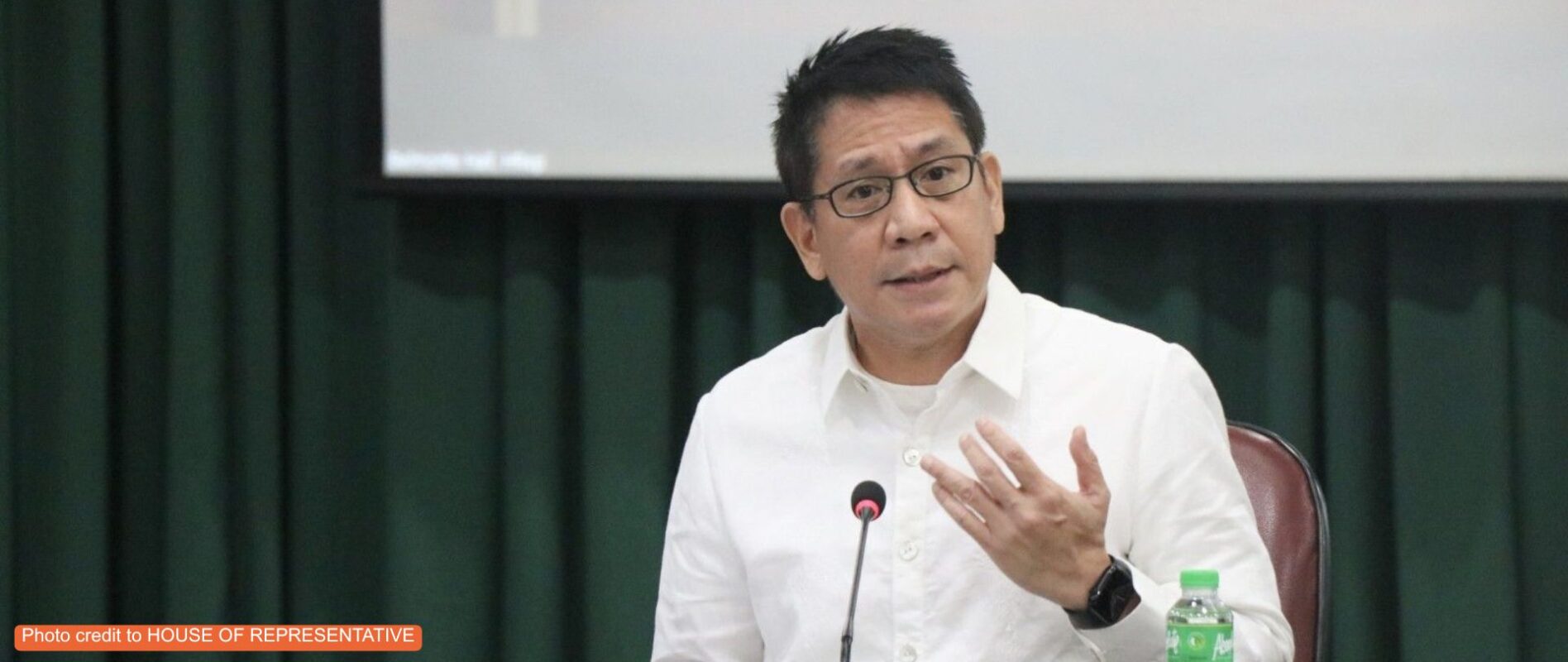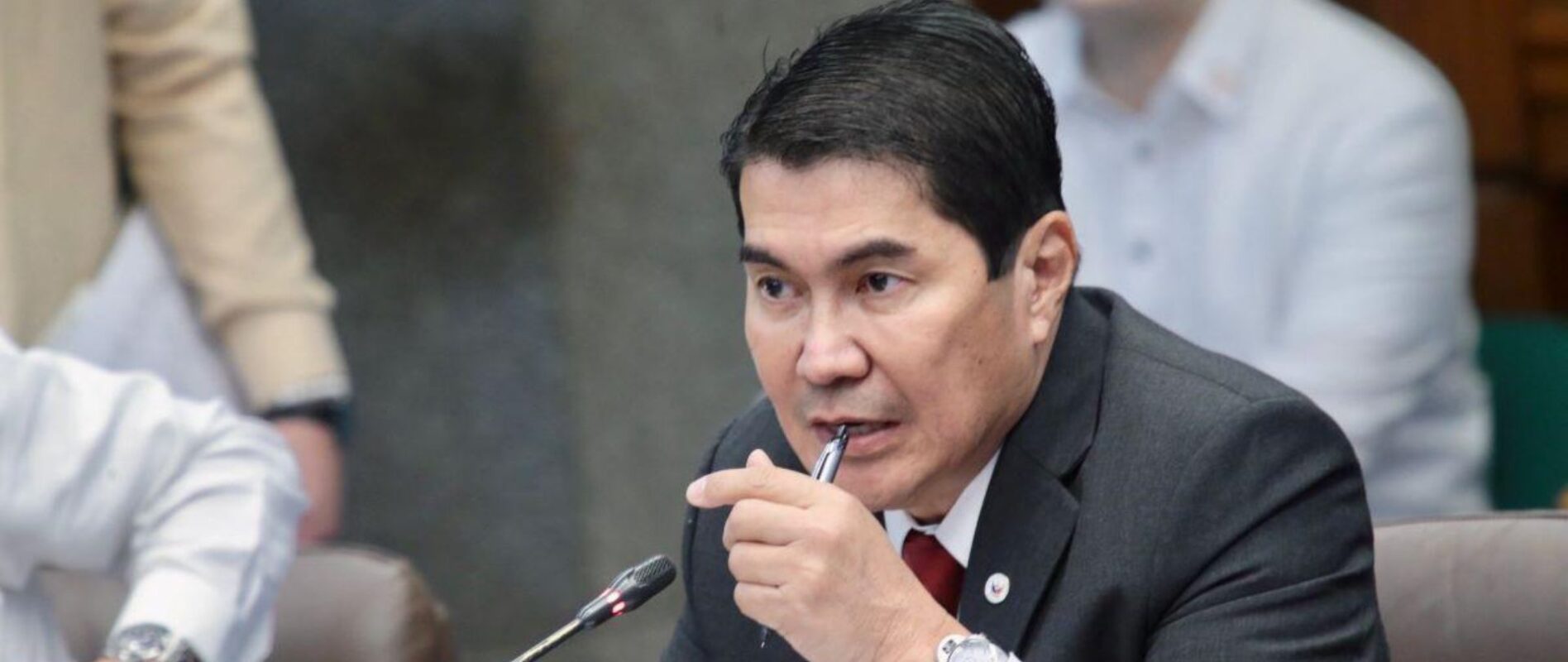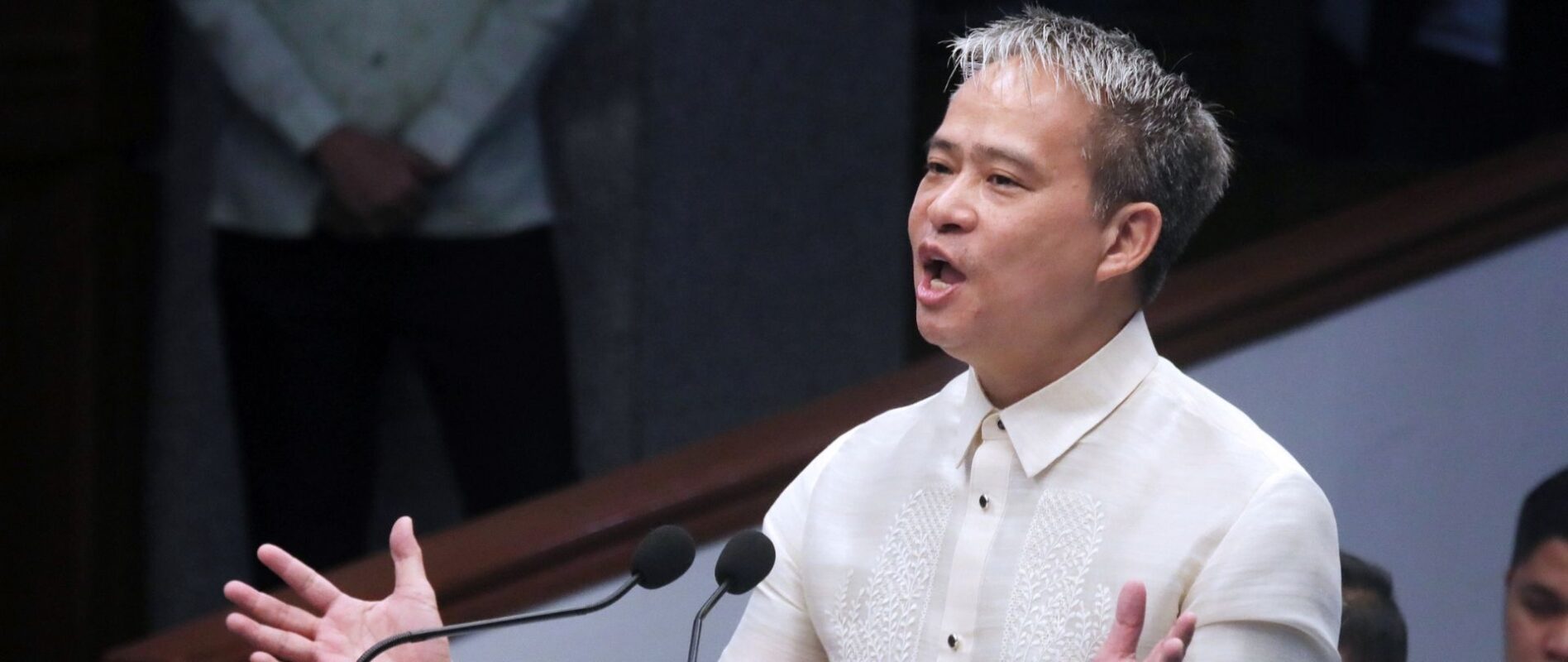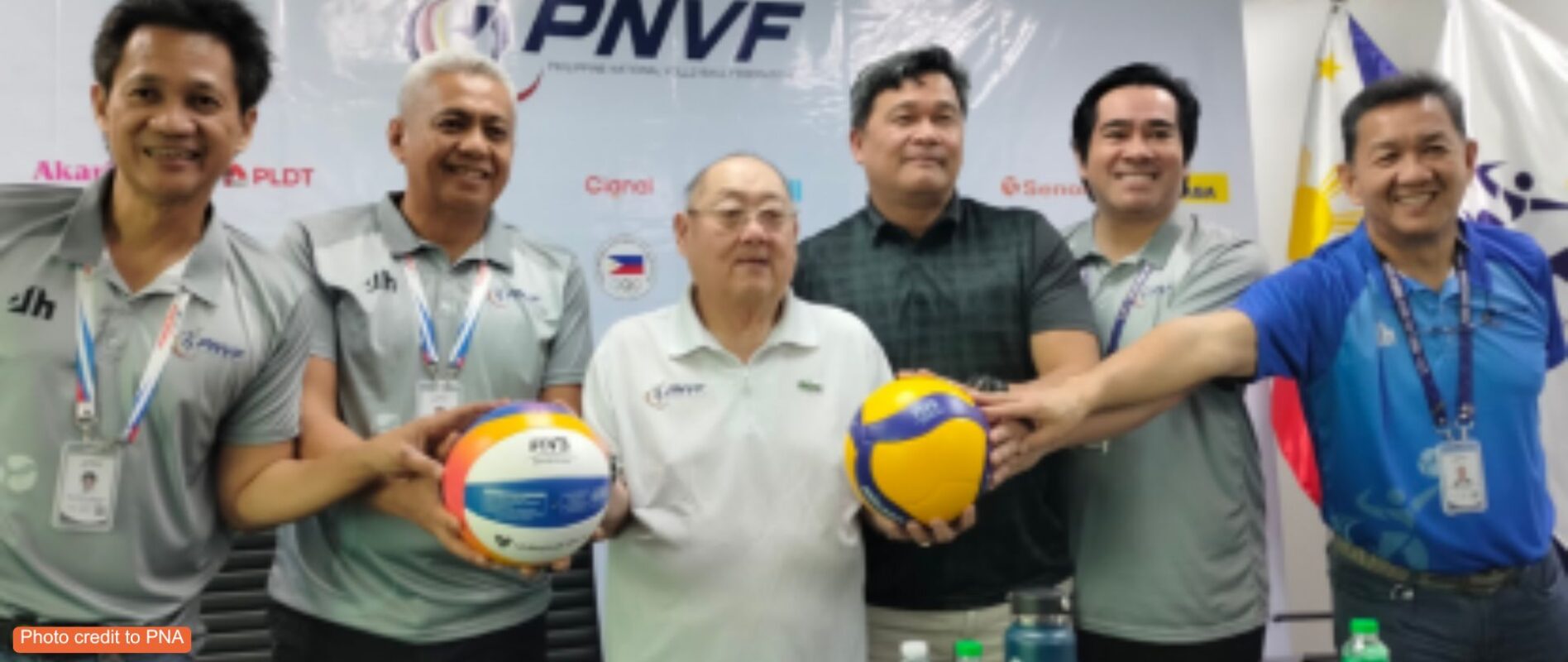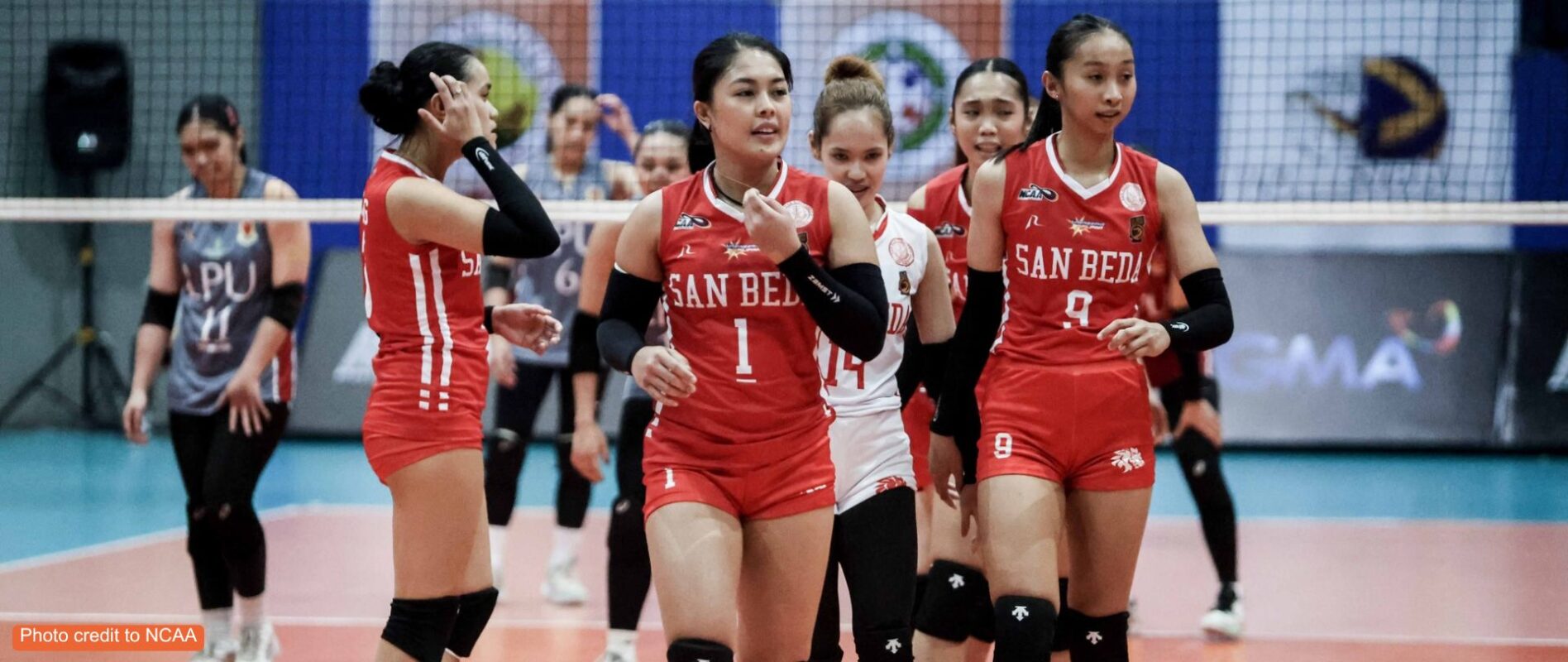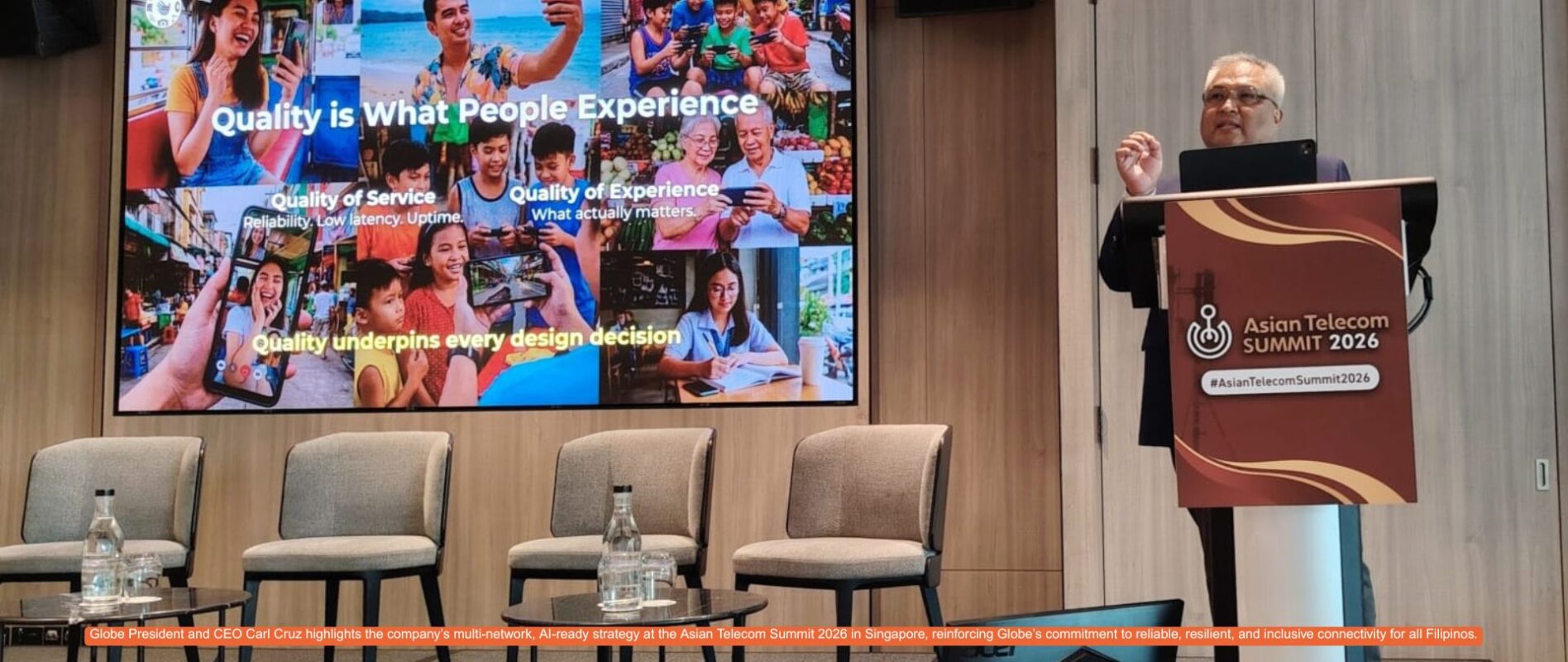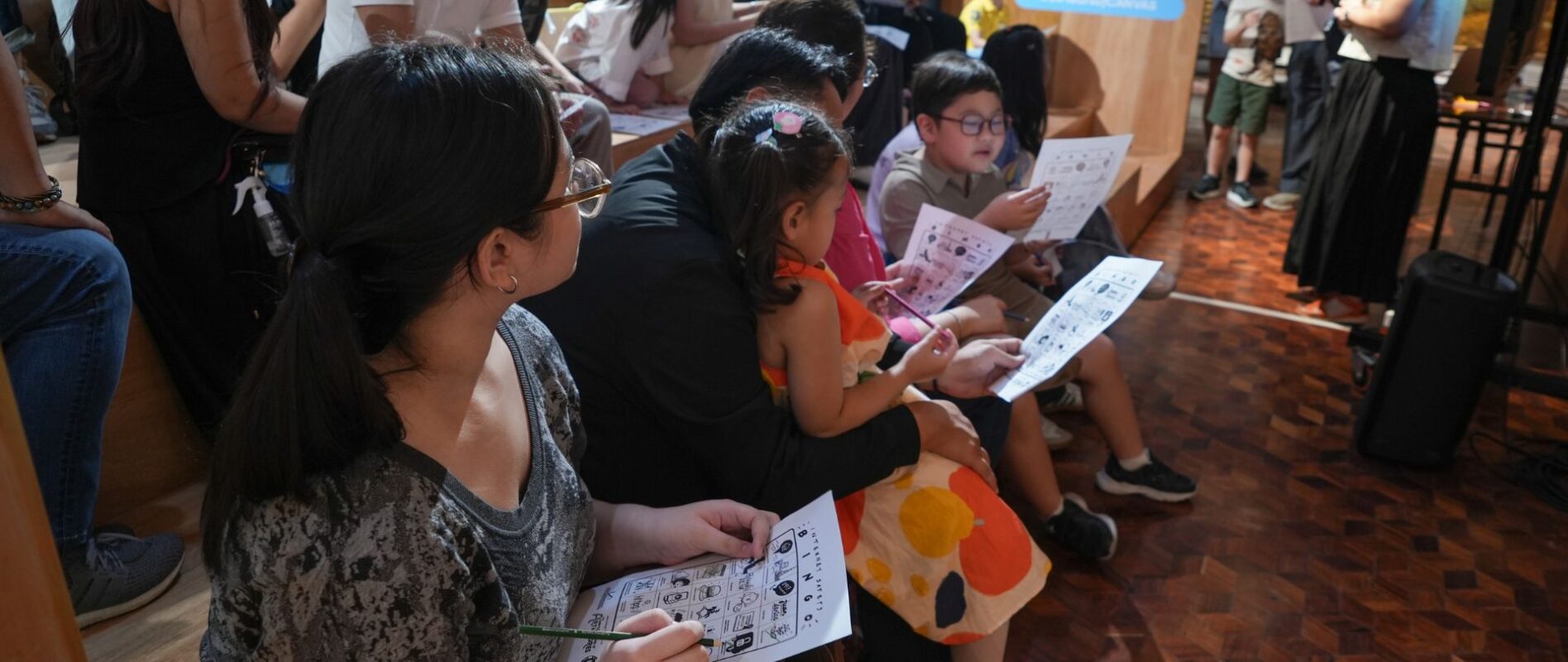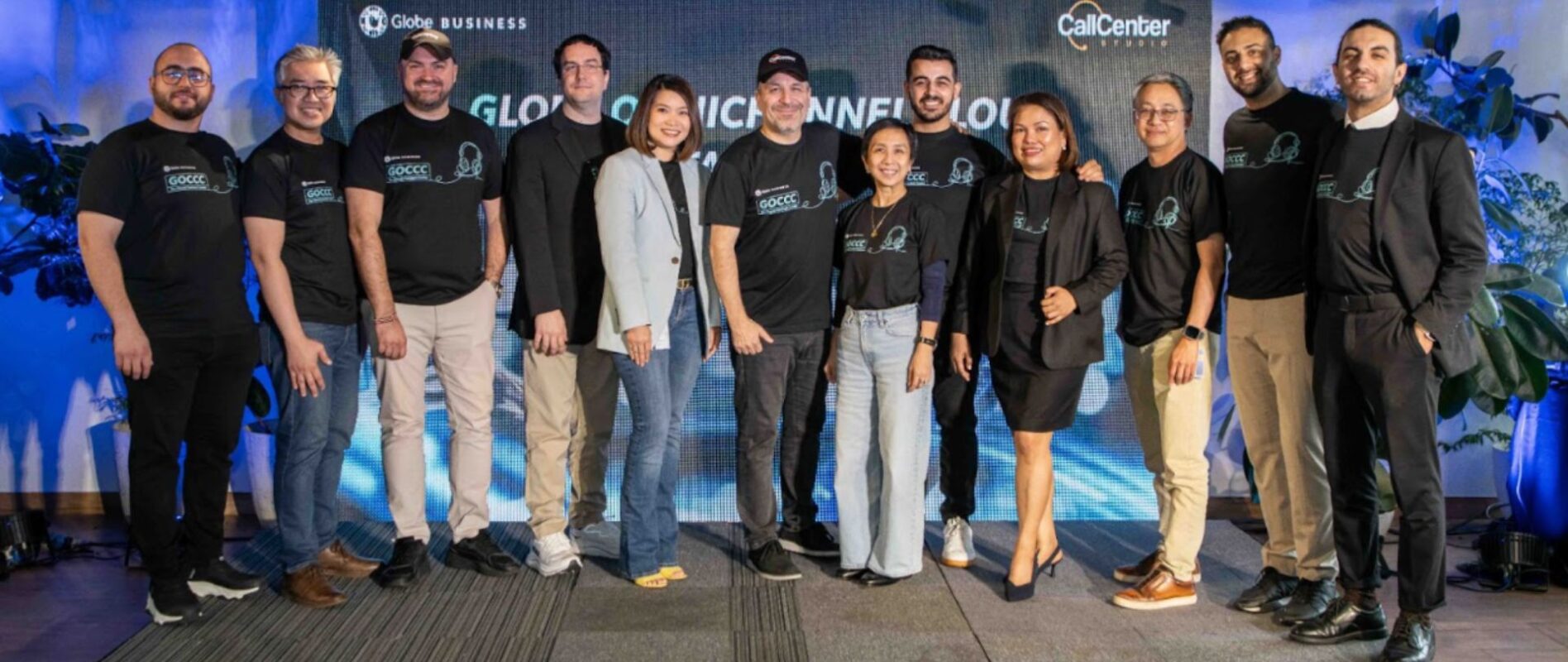TELCOS HELP FILL NEEDS OF EDUCATION SECTOR AMID PANDEMIC
THE EDUCATION sector faced so many challenges when distance learning became the primary mode of education in the country because of the threat of Covid19.
1st Anniversary Special Report
THE EDUCATION sector faced so many challenges when distance learning became the primary mode of education in the country because of the threat of Covid19.
Among these challenges is connectivity.
Because of this, telecommunication companies have stepped up to help fill the connectivity needs of teachers and learners nationwide.
Telecom giant Globe Telecommunications made sure that education will continue despite the pandemic.
Globe Telecom Chief Sustainability Officer and Senior Vice President for Corporate Communications Yoly Crisanto said the company has provided home prepaid WiFis, pocket WiFis, sim and load cards to the learning community.
“[We] Supported 67,464 students and teachers with SIM and load cards, Home Prepaid WiFi kits, and pocket WiFis to education partners for distance learning needs of public school teachers and students for 2020-2021,” Crisanto said in an interview with The POST.
Globe also partnered with the Department of Education and National Educators Academy of the Philippines for the Global Filipino Teachers Program which provided digital literacy and early language literacy training webinars to public school teachers.
Currently, Globe, in partnership with the DepEd- Disaster Risk Reduction Management Services, is working on a mental health awareness and support project for teachers, parents and non-teaching personnel. The project dubbed as TAYO Naman! (Tulong, Alaga, Yakap at Oras para sa mga Tagapagtaguyod ng Edukasyon), is an online Mental Health and Psychosocial Support program for all education advocates, including teachers, non-teaching personnel, and parents.
Meanwhile, to help students access library materials during the pandemic, Globe established the Globe eLibrary which gives learners free access to e-learning materials.
The company, in partnership with Mano Amiga Academy, also launched the Globe Maker Lab and Innovation Hub — a program designed to enhance the delivery of world-class STEM education to underprivileged K to 12 students.
“Affordable connectivity provides affordable internet for all through products and services that make digital learning more accessible, specifically highlighting product offers that support inclusivity. Highly accessible for-subscription and free platforms can empower educators and learners such that there is no reason for learning to stop and creating a safer online environment with programs that promote cybersecurity and safety, responsible digital citizenship, and mental wellness,” Crisanto said.
BARANGAY CONNECT PROJECT
Meanwhile, major telco players Smart Communications and PLDT also helped fill the needs of education sector during the sudden shift to online learning.
PLDT and Smart Communications First Vice President and Corporate Communications head Cathy Yap-Yang said that they set up an entire ecosystem that would allow learning to continue amid the pandemic.
Smart Communications provided various schools with Learning Management Systems, connectivity and devices.
“We also conducted teacher ed(ucation) tech training. We also went into content development, pedagogy, assessment, engagement programs for parents and students. What really worked out for us is that we’ve been in this space way before the pandemic,” she told The POST.
Yap added that they developed programs and solutions that would support various learning modalities.
“DepEd espoused various modalities apart from online — such as modular, TV, and radio and these have allowed schools to continue the teaching and learning process during the pandemic,” she said.
“So, we’ve developed solutions and programs to support these different learning modalities. For online learning, PLDT Enterprise offers platforms such as Learning Management System, and online engagement tools,” she explained.
Smart also developed the Barangay Connect project that will help learners in various communities access “fast, free and reliable” internet connection.
The company also came up with GIGA Study packages for mobile phone users, so students can get simpler access to a selection of learning apps and productivity tools for e-learning.
Smart and TNT subscribers also have free access to DepEd Commons, the online learning resource portal of the department.
It also deployed Schools-in-a-Bag packages — a portable digital classroom that contains a laptop and Smart LTE pocket WiFi for the teacher and 10 to 20 tablets for the students which were all pre-loaded with multimedia content accessible even offline.
PLDT provided 8,300 teachers and students with training and workshops on distance learning through its #DLPInAction webinars.
It also has a webinar series entitled “Gearing up for the New Normal in Teaching and Learning” in partnership with the University of the Philippines Open University.
Students will continue to have blended learning for School Year 2021-2022 that is set to begin on September 13.

